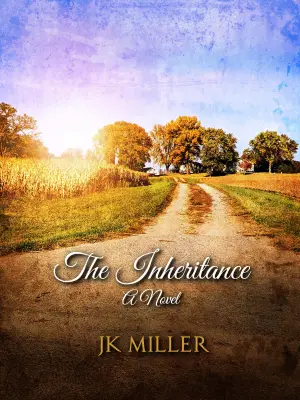I recently finished reading On Character: Choices That Define a Life by Stanley McChrystal, and I feel compelled to share my thoughts. As someone who enjoys exploring themes of character and personal growth, I was drawn to this title due to its promise of deep reflection from a seasoned leader. McChrystal’s previous works, particularly Team of Teams, had intrigued me, and I was eager to delve into his latest insights on life and character.
From the very beginning, what struck me was McChrystal’s assertion that character is not an innate trait or a product of one’s education or position, but rather a culmination of choices—some mundane, others monumental. This perspective resonates with me, especially in our current world, where character seems often overshadowed by accolades and achievements. The quote from Thomas Paine, “Reputation is what men and women think of us; character is what God and angels know of us,” perfectly encapsulates the book’s essence. McChrystal challenges us to reflect on who we truly are, aligning perfectly with the book’s premise that measuring a life goes beyond dates and accomplishments.
The format of the book is another highlight. It consists of well-curated essays divided into three sections: conviction, discipline, and character. Each chapter is brief yet impactful, with every word seeming carefully chosen—a sentiment echoed by reviewers like Mary Ann Fischer, who appreciates the book’s thoughtful brevity. The writing feels intimate and personal, allowing readers to connect with McChrystal’s reflections on leadership, integrity, and self-improvement.
However, while I found much to admire, I must admit there are some areas where the book fell short of my expectations. For one, while McChrystal’s insights are profound, they can feel somewhat repetitive at times. Certain themes, like the importance of choice and the role of discipline, emerge frequently; this could potentially weigh down the reading experience for those looking for varied content. Additionally, some readers—including Tom Collins—mentioned that the book doesn’t provide the easy answers that some might seek. Instead, it delves into the complexities of character and morality, which can be both enlightening and challenging.
Overall, I appreciated McChrystal’s honesty and vulnerability in sharing his journey. It made me reflect on my own choices and the kind of character I wish to embody, much like how Virgil Kane described the book as offering the most profound, moving advice. It’s this reflective quality that I found most enduring.
On balance, On Character is an inspiring read that provides a well-needed perspective in a time rife with uncertainty and division. It serves as a roadmap for anyone striving to live with integrity, making it especially relevant for those in leadership roles or seeking personal growth.
If you’re open to contemplating life’s deeper questions and embracing the gray areas of decision-making, then this book may just resonate with you. I would highly recommend it to fellow readers who seek both motivation and a deeper understanding of character in their lives.
In conclusion, On Character is a deeply engaging and thought-provoking book that successfully highlights the importance of choices in defining who we are. With a rating of 4.5 stars, I feel it largely succeeded in its aims, despite some areas where it could have varied its narrative. If you’re ready for an insightful journey on the nature of character, this book will prove worthy of your time.








